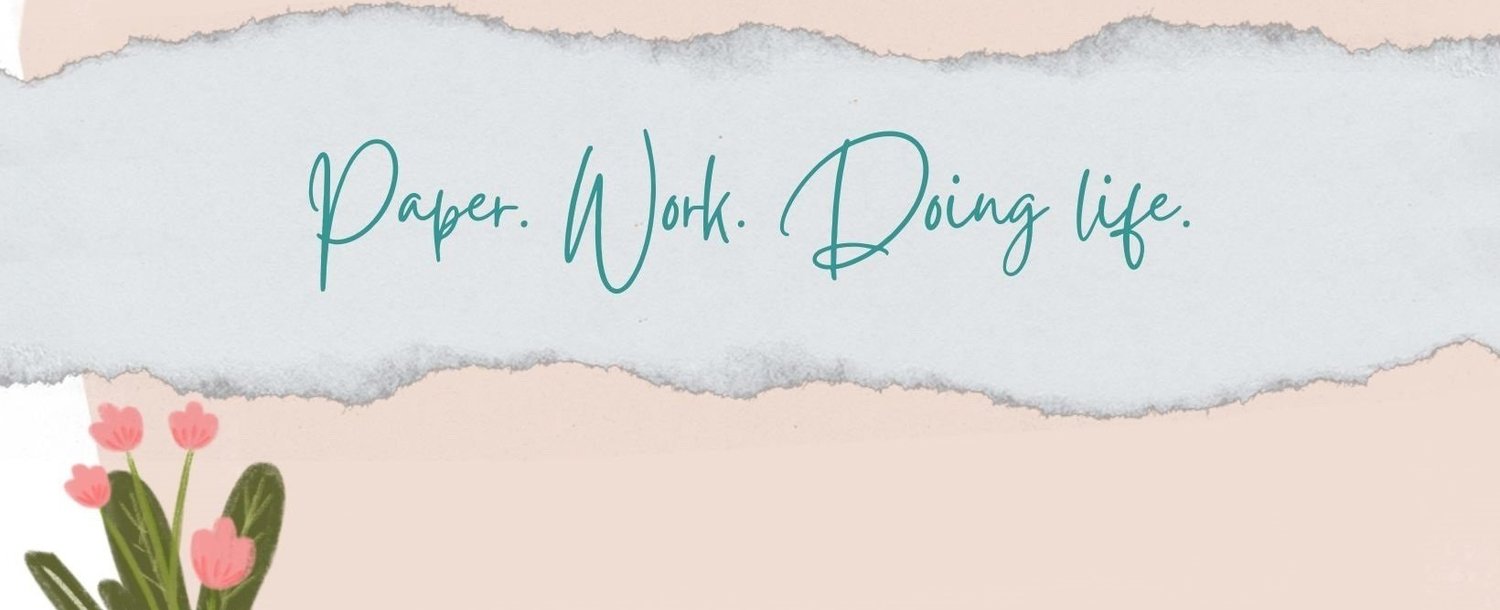Influential Women Authors for International Women's Day
International Women’s Day has encouraged me to think about the influence of female authors on me over the years. I am now and have always been an avid reader. As a child reading took me to places and through experiences the real world didn’t offer me. I am amazed at the memories that are coming back as I explore some of my early reading loves. Thanks to these women who were instrumental in shaping the woman I would become
My earliest faves...
Laura Ingalls Wilder - my earliest reading memories are in The Little House in the Big Woods. I write a little bit about it here. Suffice it to say I started these at age 8 and read and reread them over the years. I introduced them to my daughter who, thank goodness, loved them as well. It is possible I already have a brand new set for my future granddaughter. Well, someday…
Carolyn Keene - I’m not sure I am admirer of Carolyn Keene; I think I learned somewhere along the line that she is a pseudonym for several writers, but her heroine Nancy Drew - she was my girl. I read the entire series living vicariously through her adventures, her travels, even her boyfriend.
My secret teen loves...
Victoria Holt - We would make the trek to our little public library once a week, and I would bring home 6 books. Holt’s were a mainstay. The internet tells me that Victoria Holt was actually Eleanor Hibbert. Certainly when I was chewing up her shelf in the public library as a kid I had no idea that she wrote under a variety of names. Honestly, these books remain a bit buried in my subconscious. I suppose my current love for historical fiction is rooted here. Of course, I still love a good romance. I don’t do so much with the gothic now though except in YA. I read that one of her early influences was Jane Eyre which is one of my current favorites for sure.
Grace Livingston Hill - Just a shelf above or so I could find Hill’s books. I am sure I read most of them. These were simple and straightforward books. Generally a poor or orphaned protagonist would make her way bravely in the world ending up with true love and a strong faith. I still read a great deal of Christian fiction. The new stuff is a bit more creative and less formulaic, but I think Hill paved the way.
The classics...
Jane Austen - I wish I were one of those folks who could claim to have cut her literary teeth on Austen, but I became a fan as a young adult. But such a fan I’ve become. I like to believe that Elizabeth Bennet would also have enjoyed a sassy Laura Ingalls and a resourceful Nancy Drew. I love her independent spirit. I have read all of her works and am preparing to teach her for the first time. She is wickedly insightful into human nature and while I love the glimpses I get into another time, her characters transcend time. She was brave in her time, choosing a literary career over more traditional paths.
Emily Dickinson - I often joke that I am drawn to spinster writers. Perhaps I admire their dedication to the craft. One that I used to wish I could emulate. I love her use of language. I love to read her journal entries and explore her life through her poetry.
I could go on now about the women authors that I love to recommend to my girls now. I am feeling like that is a separate entry to come soon.
